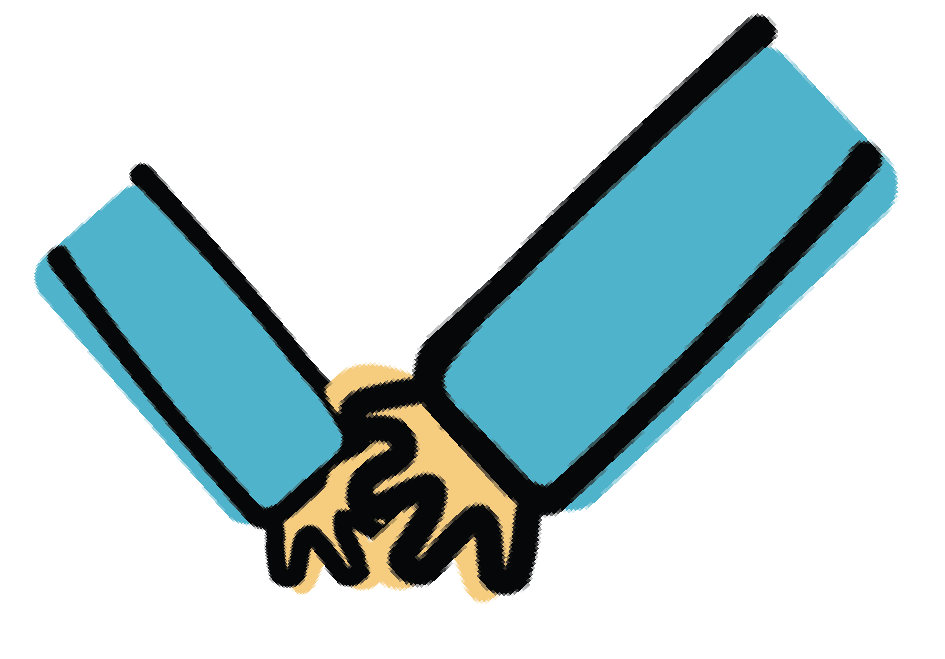Duchenne Muscular Dystrophy (DMD) is a rare and severe genetic disorder that affects muscles in the body, leading to progressive weakness over time.
Duchenne Muscular Dystrophy, like all muscular dystrophies, causes weakening of the skeletal and heart muscles. DMD is a recessive genetic mutation that occurs on the X chromosome. As a result, it almost exclusively affects boys. Boys with DMD are unable to produce a functional dystrophin protein. Because they lack this protein, boys with DMD first lose their skeletal muscle function, then they lose their smooth muscle function (smooth muscles include the heart and diaphram).
DMD is the most common form of muscular dystrophy, affecting about 1 in every 3,600 live male births. Unfortunately for the boys who have been diagnosed with DMD, it is the most severe of all the muscular dystrophies.
CHARACTERISTICS OF DMD
Earlier Diagnosis
Boys typically show symptoms between 2 and 5 years of age.
More Aggressive
Muscle function deteriorates faster and many boys are in wheelchairs by 10-12.
Lower Life Expectancy
For the rare individual who reaches their early thirties, quality of life is dramatically impacted.
Currently, there is no cure for Duchenne Muscular Dystrophy. But there is HOPE.
Hope for Gus was created to support the very promising research and discoveries that suggest that a cure is coming, sometime in the future. Our goal is to bring the future sooner for Gus and for all children with DMD.
New promising strategies range from helping the cells produce a partial dystrophin protein by skipping exons, to encouraging the cell to produce, or upregulate, utrophin, a protein similar in function to dystrophin. Cells produce utrophin in utero but stop producing it at birth. Researchers are trying to figure out ways to turn it back on.
Researchers also continue to explore the use of stem cell therapies, but those are still a ways off before they are clinically viable.
Researchers are also exploring the benefits of nutraceuticals, or nutritional supplements such as CoQ10, creatine, argenine and glutamine, that may help preserve muscle strength and muscle fibers.
All of this suggests that a cure is coming – sometime in the future; our goal is to make that time much sooner. Gus lost the ability to walk when he was 15 years old, and it makes us that much more determined to push the researchers. As our mission states, we will work to leverage every donation to better support research that will treat or cure DMD.
Support the Cause

The Hope For Gus Foundation appreciates your involvement. Your donation goes directly towards funding cutting-edge research, clinical trials, and family support.
